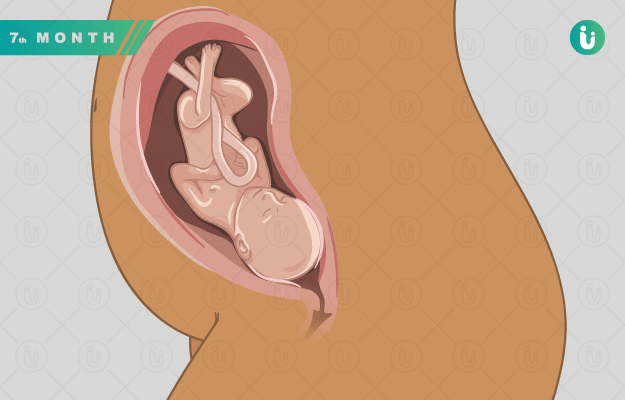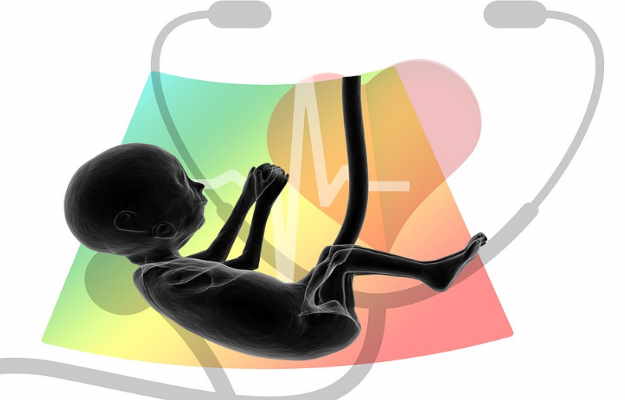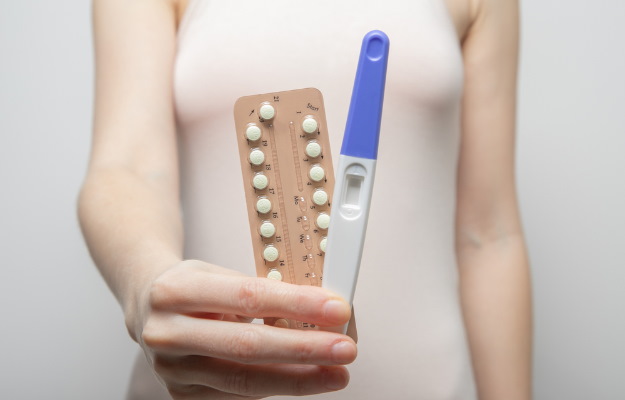During pregnancy, the human chorionic gonadotropin (HCG) hormone is produced. It is produced by cells formed in the placenta, which nourishes the egg after fertilization and helps it attach to the uterine wall. Its levels can be detected by a blood test 11 days after conception and a urine test 12-14 days later. Usually, the level of HCG doubles every 72 hours. The level of this hormone reaches its peak in the first 8-11 weeks of pregnancy and then its level keeps declining for the rest of the pregnancy.
(Read more -HCG Injection - Benefits)
- Some Important Facts About HCG Hormone
- Guideline To HCG Levels During Pregnancy
- What Can A Low Or High HCG Level Mean
- HCG Hormone Levels After Pregnancy Loss
- What Can Interfere With HCG Levels
- Summary
Some Important Facts About HCG Hormone
As your pregnancy progresses, your HCG level also increases. In fact, it increases so fast that it can double in 96 hours. Care should be taken to avoid having too high HCG levels. In a normal pregnancy, HCG levels can be low and result in you giving birth to a healthy baby. Ultrasound results after 5-6 weeks of pregnancy give more accurate results.
An HCG level of less than 5 mIU/ml is considered negative for pregnancy, and levels above 25 mIU/ml are considered positive for pregnancy. An HCG level between 6 and 24 mIU/ml is considered the gray area, and you may need to retest it to confirm pregnancy. The hCG hormone is measured in milli international units per milliliter (mIU/mL).
When the hCG level reaches between 1,000-2,000 mIU/mL, the gestational sac becomes visible in a transvaginal ultrasound because even small differences can make a big difference in the date of conception. Therefore, pregnancy cannot be confirmed until the hCG level reaches at least 2,000 mIU/mL. The hCG level alone should not be used to date a pregnancy because these numbers can vary considerably. There are two common types of hCG tests. Qualitative hCG tests confirm the presence of hCG in the blood. Quantitative hCG tests (or beta hCG) measure the amount of hCG actually present in the blood.
(Read more - Beta HCG Test)
Guideline To HCG Levels During Pregnancy
HCG hormone levels from last menstrual period (LMP) in weeks (gestational age):
- LMP at 3 weeks: 5 - 50 mIU/ml
- LMP at 4 weeks: 5-426 mIU/ml
- LMP at 5 weeks: 18-7,340 mIU/ml
- LMP at 6 weeks: 1,080 - 56,500 mIU/ml
- LMP at 7-8 weeks: 7, 650 - 229, 000 mIU/ml
- LMP at 9-12 weeks: 25,700 - 288,000 mIU/ml
- LMP at 13-16 weeks: 13,300 - 254,000 mIU/ml
- LMP at 17-24 weeks: 4,060 - 165,400 mIU/ml
- LMP at 25-40 weeks: 3,640 - 117,000 mIU/ml
- In women who are not pregnant: 0 - 5 mIU/ml
- In women who have gone through menopause: 0 - 8 mIU/ml.
The numbers mentioned above are just an indication. In reality, every woman's hCG level can rise differently.
(Read more -How to Use a Pregnancy Test Kit at Home)
What Can A Low Or High HCG Level Mean
In case of low hCG levels, one should retest within 48-72 hours to see how the levels are changing. A low hCG level indicates the following:
- The date of pregnancy may have been miscalculated.
- Possibility of miscarriage or a blemished egg.
- Ectopic pregnancy.
High levels of HCG hormone can mean many things and it should be checked again within 48-72 hours to check how much the level is changing. High levels of HCG indicate the following things-
- The date of pregnancy may have been miscalculated.
- Molar pregnancy (a rare pregnancy problem).
- Multiple pregnancies.
(Read more - Triple Marker Test)
HCG Hormone Levels After Pregnancy Loss
Most women expect the HCG hormone levels to return to the same condition after four to six weeks of pregnancy loss. However, it depends on how your pregnancy ended. That is, whether you had an unexpected miscarriage or a D&C procedure, abortion, normal delivery, as well as what was its level at the time of pregnancy loss, the level of HCG depends on all these things. Doctors will usually continue to test hCG levels after the pregnancy is over as long as it is above 5.0 mIU/ml.
(Read more -Female hormones and their role in women's health)
What Can Interfere With HCG Levels
If you test positive, you are most likely pregnant. However, there are some conditions that can cause false positives, such as certain types of cancer and early miscarriage. Certain antibodies can also affect test results, as can certain medications. These medications are often used in fertility treatments and your doctor should advise you about how they may affect your test. All other medications, such as antibiotics, painkillers, birth control pills or other hormonal medications, should have no effect on the HCG test.
(Read more -Chemical Pregnancy)
Summary
The hCG hormone, which stands for human chorionic gonadotropin, is an important hormone produced by a woman's body during pregnancy. This hormone is produced by the developing embryo in the uterus and is detected early in pregnancy, which is why it is used in pregnancy tests. The main function of the hCG hormone is to maintain the lining of the uterus and signal the ovaries to continue producing estrogen and progesterone, which are necessary for the healthy development of pregnancy. In addition, hCG is also used in some medical treatments, such as to increase fertility in men and women.









































